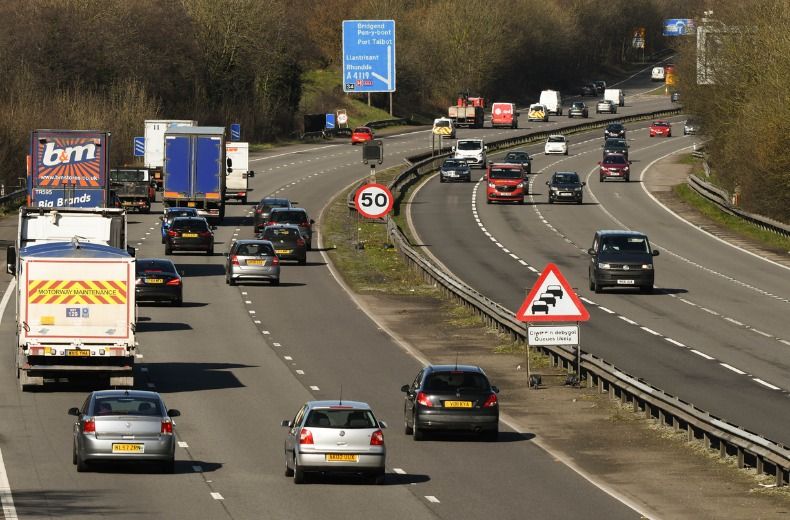At 8.4 years old it’s the highest since records began in 2000, with almost 10 million vehicles from 2008 and earlier still in action. The average car was built in 2011.
This news follows a massive drop in new car sales due to the effects of the coronavirus pandemic, with the number of new cars hitting the road falling 29% to a 28-year low in 2020.
It also comes as the country is gearing up towards the ban on the sale of new petrol and diesel cars from 2030, with drivers being encouraged to shift to newer and more environmentally friendly electric vehicles (EV).
The SMMT says: “While this [the current age of UK cars] is testament to the durability and quality of modern vehicles, an ageing fleet risks stalling the UK’s attempts to reduce emissions.”
A car built in 2020 emits an average of 112.8g/km of CO2, which is 18.3% better than a model registered in 2011, according to the SMMT.
The industry body stresses vehicle renewal is essential if the UK wants to meet its net zero target, with “both conventional and alternatively fuelled vehicles having a significant role to play in this transition”.
Earlier this month the Government announced more than half a million EVs are now being driven across the country. But there is still a long way to go to meet the target of all new cars and vans being zero emissions by 2035.
Mike Hawes, SMMT chief executive, said: “With the pandemic putting the brakes on new vehicle uptake in 2020, the average car on our roads is now the oldest since records began some 20 years ago, as drivers held on to their existing vehicles for longer.
“The technology is changing, however, albeit slowly. Despite massive growth last year, just one in 80 vehicles is a plug-in electric car – while nearly 10 million petrol and diesel cars dating back to before 2008 remain on our roads.
“Encouraging drivers to upgrade to the newest, cleanest lowest emission cars, regardless of fuel source, is essential for the UK to meet its ambitious climate change targets.”
- 2030 ban – is it worth buying an electric car now?
- Are electric cars really better for the environment?
- 11 ways to reduce your driving emissions
Despite new car sales dropping in the UK, SMMT data shows light commercial vehicles (LCV) were the only type to increase in numbers, up 1.7% over the past year to 4.6m. Rising demand for delivery vehicles throughout the pandemic has contributed to this increase.
However, heavy goods vehicles fell 3.1% to 589,445 units, while bus and coach numbers fell most significantly, by 10.7% to 73,609. The number of cars on the road fell just over 0.2 % to just over 35m.
Visit the RAC Drive Electric Cars hub
Read our guides on choosing, charging and running an electric car.

RAC sale – up to 33% off*
• Roadside cover from £5.29 a month†
• We get to most breakdowns in 60 mins or less
• Our patrols fix 4/5 breakdowns on the spot

















